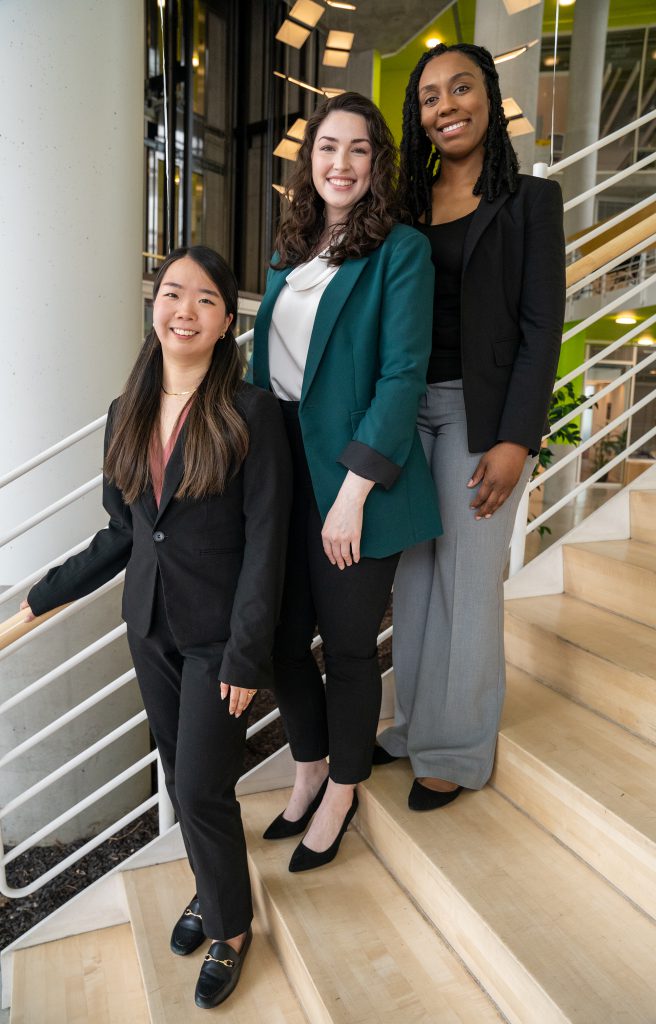José Anderson
Article: Commentary: I’ll remember Justice Sandra Day O’Connor for her humility, Balt. Banner (Dec. 6, 2023)
Article: Review of Historic Landmark Designation Application for Loudon County Courthouse in Leesburg, Va., U.S. Department of the Interior (filed Aug. 31, 2023) (solicited submission)
John Bessler
Book chapter: What-Ifs and Missed Opportunities: The U.S. Supreme Court, Death Sentences and Executions, and the 50th Anniversary of Furman v. Georgia, in Death Penalty in Decline?: The Fight Against Capital Punishment in the Decades Since Furman v. Georgia (Austin Sarat, ed.) (May 2024)
Book: The Forgotten Origins of the Cruel and Unusual Punishments Clause (forthcoming)
Fred Brown
Article: Should the Federal Government Help States and Local Governments Pay for Police Misconduct Through Tax-Exempt Bonds?, 42 Va. Tax Rev. 287 (2023)
Anne-Marie Carstens
Book chapter: Heritage Suspension: Law on Public Emergencies, in Routledge Handbook of Heritage and the Law (2024) (with J. Peter Byrne)
Gilda Daniels
Book chapter: Language Assistance Provisions Chapter, in Oxford Handbook of American Election Law (forthcoming 2024)
Book: The Cambridge Companions Series, The History of Voting Rights In The United States (forthcoming 2025)
Michele Gilman
Article: Participation Versus Scale: Tensions in the Practical Demands on Participatory AI, 29 First Monday (April 2024)
Article: Democratizing AI: Principles for Meaningful Public Participation, Data & Soc’y (2023)
Valeria Gomez
Article: Geography as Due Process in Immigration Court, Bender’s Immigr. Bull. (forthcoming
Sarah Gottlieb
Article: Progressive Facade: How Bail Reforms Expose the Limitations of the Progressive Prosecutor Movement, 81 Wash. & Lee L. Rev. 1 (2024).
Nienke Grossman
Book: Oxford Handbook on Women and International Law (Nienke Grossman, J. Jarpa Dawuni, Jaya Ramji-Nogales, & Hélène Ruiz-Fabri, eds.), (forthcoming 2025)
Book chapter: The ‘Invisible Court’: A First Look at Gender and Nationality in Registries and Secretariats, in Oxford Handbook on Women and International Law (Nienke Grossman, J. Jarpa Dawuni, Jaya Ramji-Nogales & Hélène Ruiz-Fabri, eds.) (forthcoming 2025
Margaret Johnson
Article: Title IX and “Menstruation or Related Conditions”, 30 Mich. J. Gender & L. 25 (2023) (with Marcy L. Karin, Naomi Cahn, Elizabeth B. Cooper, Bridget J. Crawford, & Emily Gold Waldman)
Book: Lawyers, Clients & Narrative: A Framework for Law Students and Practitioners (2d ed.) (2023) (with Carolyn Grose)
Geraldine Kalim
Article: How We Can Best Support Neurodivergent Patrons, AALL Spectrum Mag., (March/April 2024)
Elizabeth Keyes
Article: Clinics and Emergencies, Clinical L. Rev. (Fall 2024) (co-authored with Sabrina Balgamwalla)
Dionne Koller
Book chapter: Deterring Regulation Through the Threat of Sportspocalypse, in The Routledge Handbook of Sports Law and Governance, (Annette Greenhow and John Wolohan, eds.) (forthcoming)
Senate Testimony: Testimony and Participation in the March 20 Hearing Before the Senate Committee on Commerce Subcommittee on Consumer Protection on Promoting a Safe Environment in U.S. Athletics (March 20, 2024)
Katie Kronick
Article: Intellectual Disability, Categorical Mitigation, and Punishment, Bos. Coll. L. Rev. (May 2024)
Neha Lall
Article: CLEA Externship Committee Report: 2023 Survey of Law Schools on Student Compensation in For-Credit Externships, CLEA (April 18, 2024) (with Kate Devlin Joyce and June Tai)
Matthew Lindsay
Article: An Unreasonable Presumption: The National Security/Foreign Affairs Nexus in Immigration Law, 88 Brook. L. Rev. 747 (2023) (co-authored with Hallie Ludsin and Anthony DeMattee)
Article: The Right to Migrate, 27 Lewis & Clark L. Rev. 95 (2023)
Zina Makar
Article: The Absence of Dignity in Prison Law, 84 Md. L. Rev. (forthcoming 2025)
Article: Per Curiam Signals in the Supreme Court’s Shadow Docket, 98 Wash. L. Rev. 427 (2023)
Hugh McClean
Article: Review of Veterans Law Decisions of the Federal Circuit, 2022-2023 Edition, 73 Am. U. L. Rev. 101 (Summer 2024) (with Yelena Duterte and Stacey-Rae Simcox)
Article: Dred Scott, Military Enslavement, and the Case for Reparations, 113 Kentucky L. Rev. (Fall 2024)
Audrey McFarlane
Book chapter: Zoning’s Racial Innocence and the Imperatives of Segregation, in Intransigence and Hope: The Long Journey towards Racial Justice in American Land Use (Craig Anthony Arnold, Cedric Merlin Powell, Catherine Fosl, and Laura Rothstein, Eds., forthcoming 2025)
Book chapter: Chapter on Race, Property and Power, in Race, Racism and American Law (Derrick Bell, Cheryl Harris, Justin Hansford, Atiba Ellis, Amna Akbar, & Audrey McFarlane, 7th Ed., forthcoming 2025)
Michael Meyerson
Article: When One Door Closes: Legal Education and Racial Justice after Students for Fair Admissions, 103 Neb. L. Rev. (forthcoming 2025)
Jennifer Mitchell
Article: Using the Least Populous State Solution, 44.2 Pace L. Rev. (2024)
Article: Why Not More Seats? Increasing the House of Representative’s Size, 44.2 Pace L. Rev. (2024)
Max Oppenheimer
Article: The Artificial Intelligence Solution to Patent Obviousness, Harv. Sports & Ent. L. J. (Fall 2024)
Article: The Perks of Being Human, 80 Wash. & Lee L. Rev. 1 (2023)
Walter Schwidetzky
Article: What is in a name: Who Qualifies as a Limited Partner for Self-Employment Tax Purposes, 41 J. of Tax’n of Inv. 3 (Winter 2024)
Article: The Worthlessness Deduction for Partnership Interests: An Unguided Missile, Tax Notes (Apr. 17, 2024)
Tim Sellers
Book: Encyclopedia of the Philosophy of Law and Social Philosophy (Mortimer Sellers & Stephan Kirste, eds., 2024)
Book: Handbook of the History of the Philosophy of Law and Social Philosophy (Mortimer Sellers, Gianfrancesco Zanetti, & Stephan Kirste, eds., 2023)
Matthew Sipe
Article: Patent Law 101: I Know It When I See It, Harv. J. L. & Tech. (2024)
Article: Covering Prying Eyes with an Invisible Hand: Privacy, Antitrust, and the New Brandeis Movement, 36 Harv. J. L. & Tech. 359 (2023)
Amy E. Sloan
Book: Using Generative AI for Legal Research, (1st ed. Mar. 2024)
Book: Basic Legal Research: Tools & Strategies, (Rev. 8th ed. 2024)
Ioanna Tourkochoriti
Article: The Digital Services Act and the EU as the Global Regulator of the Internet, 24 Chi. J. Int’l L. 129 (2023)
Article: Is Neutrality Possible? A Critique of the Court of Justice of the European Union on Headscarves in the Workplace from a Comparative Perspective”, 71 Am. J. Of Comp. L. 1 (2023)
Shanta Trivedi
Book chapter: Surviving the “Child Welfare System”, in Policing Not Protecting Families: The Child Welfare System as Poverty Governance (forthcoming 2025)
Article: Caring for Children by Punishing Parents, The Yale L. & Pol. Econ. Blog (July 24, 2023)
Angela Vallario
Article: Don’t Let Death Be Your Deadline: Get A Will Before It’s Too Late: Expand Holographic-Wills Law to Incentivize Will-Making, 30 The Elder L. J. 349 (2023)
Kim Wehle
Article: Kimberly L. Wehle, The Ninth Amendment Post-Dobbs: Could Federalism Swallow Unenumerated Rights?, 83 Md. L. Rev. 867 (2024).
Sonya Ziaja
Article: Amoral Water Markets, 111.6 Geo. L. J. 1335 (2023) (with Karrigan Bork).
Article: Sonya Ziaja, How Algorithm Assisted Decision Making Is Influencing Climate Adaptation and Environmental Law, 53 Env’t L. & Pol’y Ann. Rev. 10652 (2023)

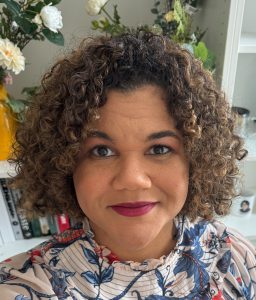
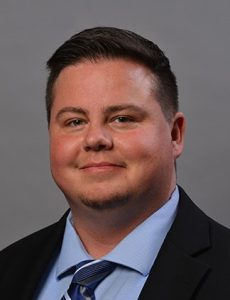
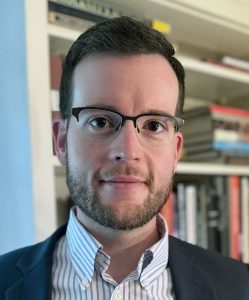
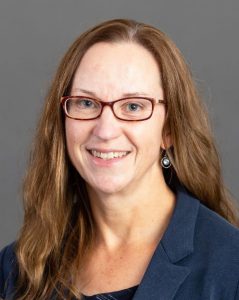
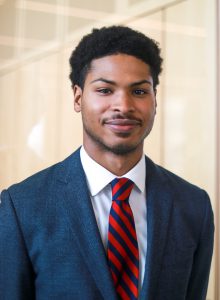
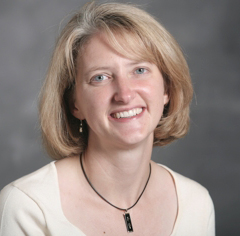
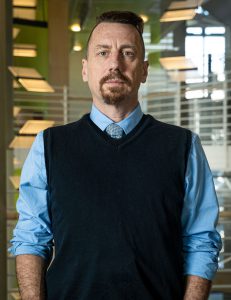
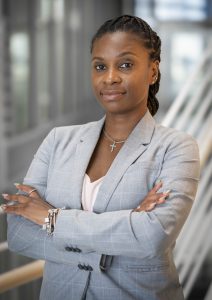
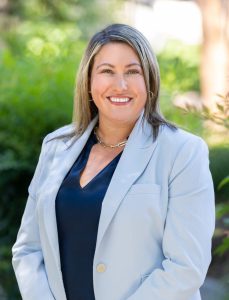
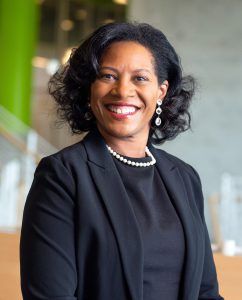 I am so thrilled to be part of this UBalt Law community. My decision to accept the position of dean feels like coming home in many ways. Off and on throughout my life, Maryland has been home for me. I am so happy to be back and to be a short drive from my mom, a retired teacher who resides in Prince George’s County, and near many family, friends and former professional colleagues who live in the region.
I am so thrilled to be part of this UBalt Law community. My decision to accept the position of dean feels like coming home in many ways. Off and on throughout my life, Maryland has been home for me. I am so happy to be back and to be a short drive from my mom, a retired teacher who resides in Prince George’s County, and near many family, friends and former professional colleagues who live in the region.
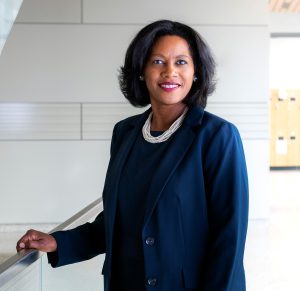 Through it all, for many years Maryland was home, and Reed is very happy to be back. She’s excited about the opportunity to build on the strengths of the law school, especially as it approaches its centennial in 2025.
Through it all, for many years Maryland was home, and Reed is very happy to be back. She’s excited about the opportunity to build on the strengths of the law school, especially as it approaches its centennial in 2025.